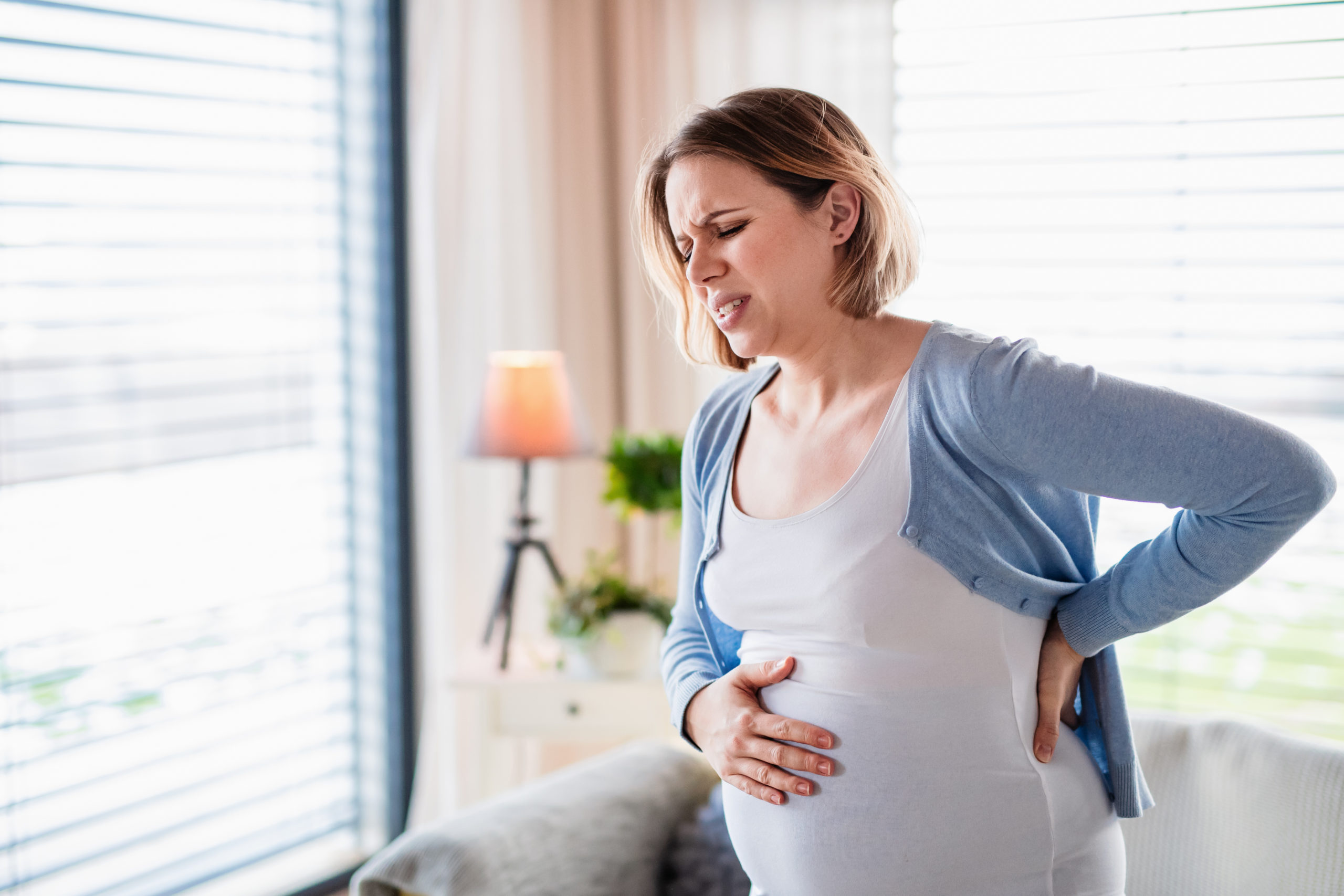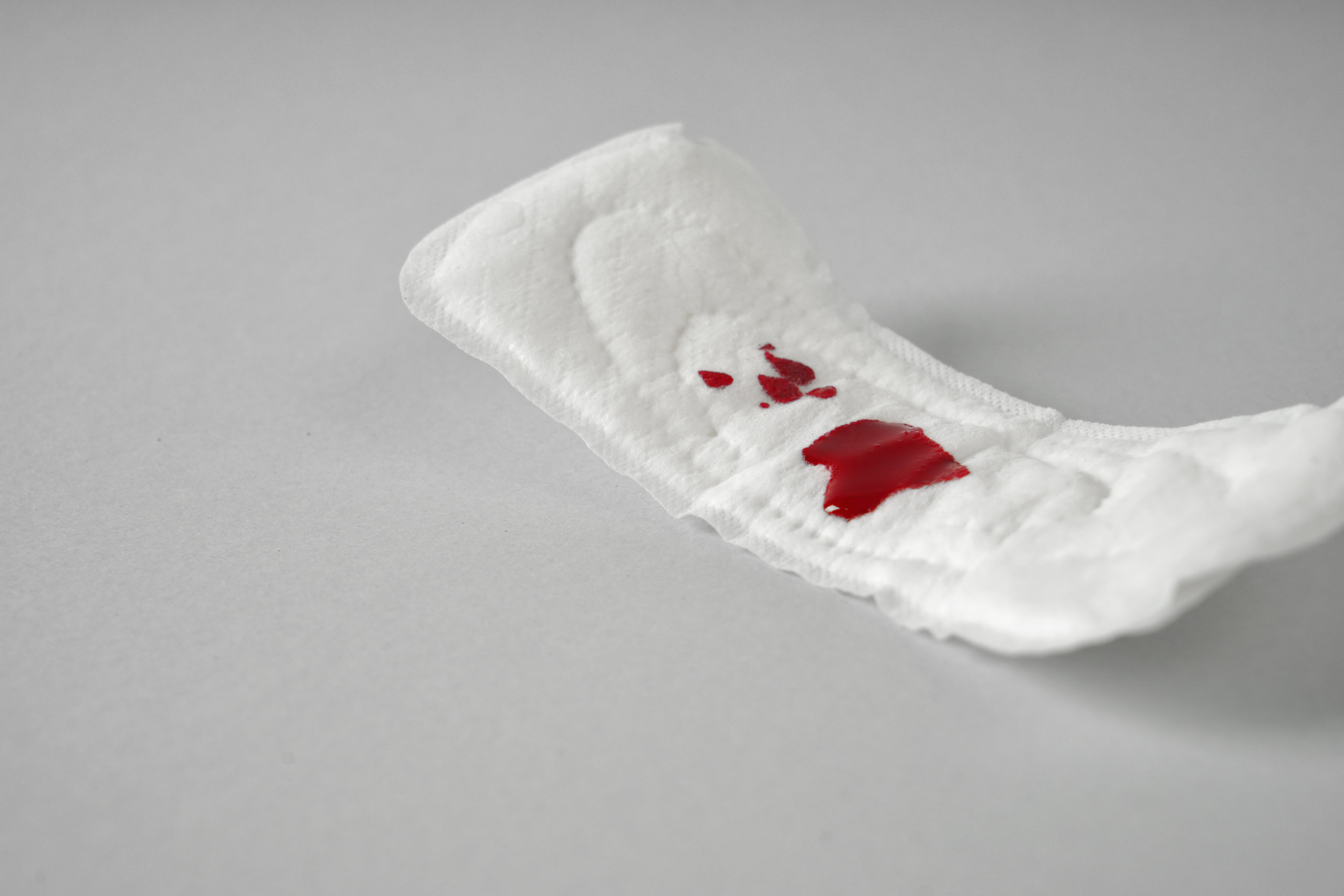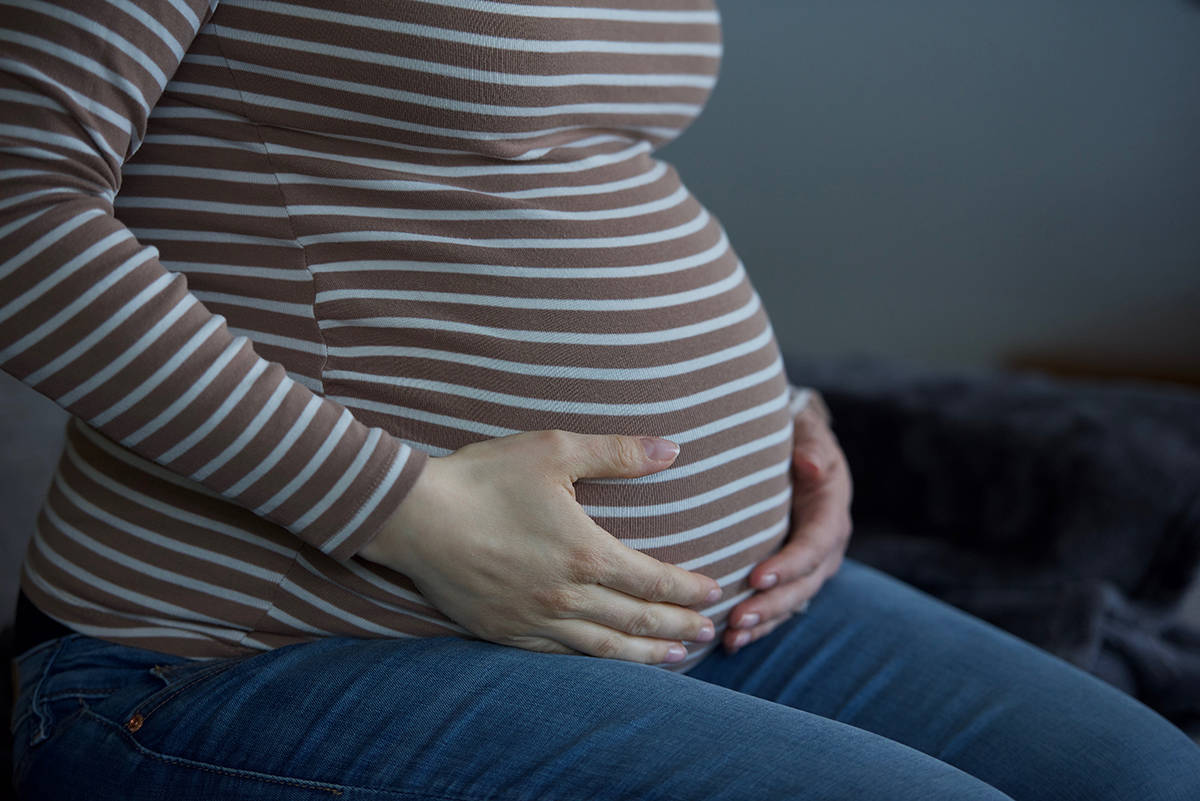There can be times when discomfort and cramps, usually associated with normal pregnancy changes, are a cause for concern. However, severe or persistent pain, or pain accompanied by other symptoms, could signal a serious condition. Here are a few examples:
Miscarriage cramping
In the unfortunate event of a miscarriage, one of the common symptoms is cramping, which is usually more severe than the discomfort caused by the growing uterus. It often starts in the abdomen and pelvic area and can radiate to the back. In some cases, this might also be accompanied by vaginal bleeding of varying severity.
Pain from Ectopic Pregnancy
An ectopic pregnancy occurs when the embryo and the gestational sac implant somewhere other than the uterus, usually in the fallopian tube. The growing embryo can cause the tube to rupture, leading to significant abdominal pain. Early stages of an ectopic pregnancy might be asymptomatic, but a rupture, generally around the eighth week of gestation, would result in substantial abdominal pain. Symptoms might also include low blood pressure or paleness due to internal bleeding.
Urinary Tract Infection (UTI) discomfort
A UTI occurs when bacteria infect the bladder or kidneys. Pregnant women are more susceptible to UTIs due to a shorter urethra. The hormonal changes caused by pregnancy can also increase the risk of UTIs. The usual symptoms are increased urination frequency and a burning sensation while urinating. If the infection reaches the kidneys, the expectant mother might experience fever and pain in the lower back (kidney area). Antibiotic treatment is critical in these cases.
Placental Abruption Pain
Placental abruption happens when the placenta detaches from the uterine wall prematurely, causing significant pain and substantial vaginal bleeding. Though rare, it’s a medical emergency that requires immediate attention.
Pre-eclampsia
Characterized by high blood pressure (above 140/90 mmHg) in the latter half of pregnancy, pre-eclampsia is a severe obstetric issue. It can manifest in severe forms, associated with brain edema or liver enlargement. Painful symptoms can include headaches (from brain edema) and stomach pain (from an enlarged liver).
Premature Labor
If the uterus starts contracting strongly ahead of schedule, it could signal premature labor. If you’re experiencing contractions at a frequency of 2 or more every 10 minutes, it’s advisable to seek medical attention.
Pain During Pregnancy, When to seek medical help?
In summary, it’s best to consult with your healthcare provider if you’re experiencing severe abdominal pain that doesn’t subside, intense headaches that persist, sudden swelling or unexplained weight gain, fever or chills, heavy bleeding, or intense pain in the lower abdomen. Also, frequent or painful urination, difficulty in urinating, blood in urine, dizziness, or feeling faint can also be signs of a problem. It’s crucial to listen to your body and seek medical help if you’re unsure or worried. Your health and your baby’s health should always be the top priority.



